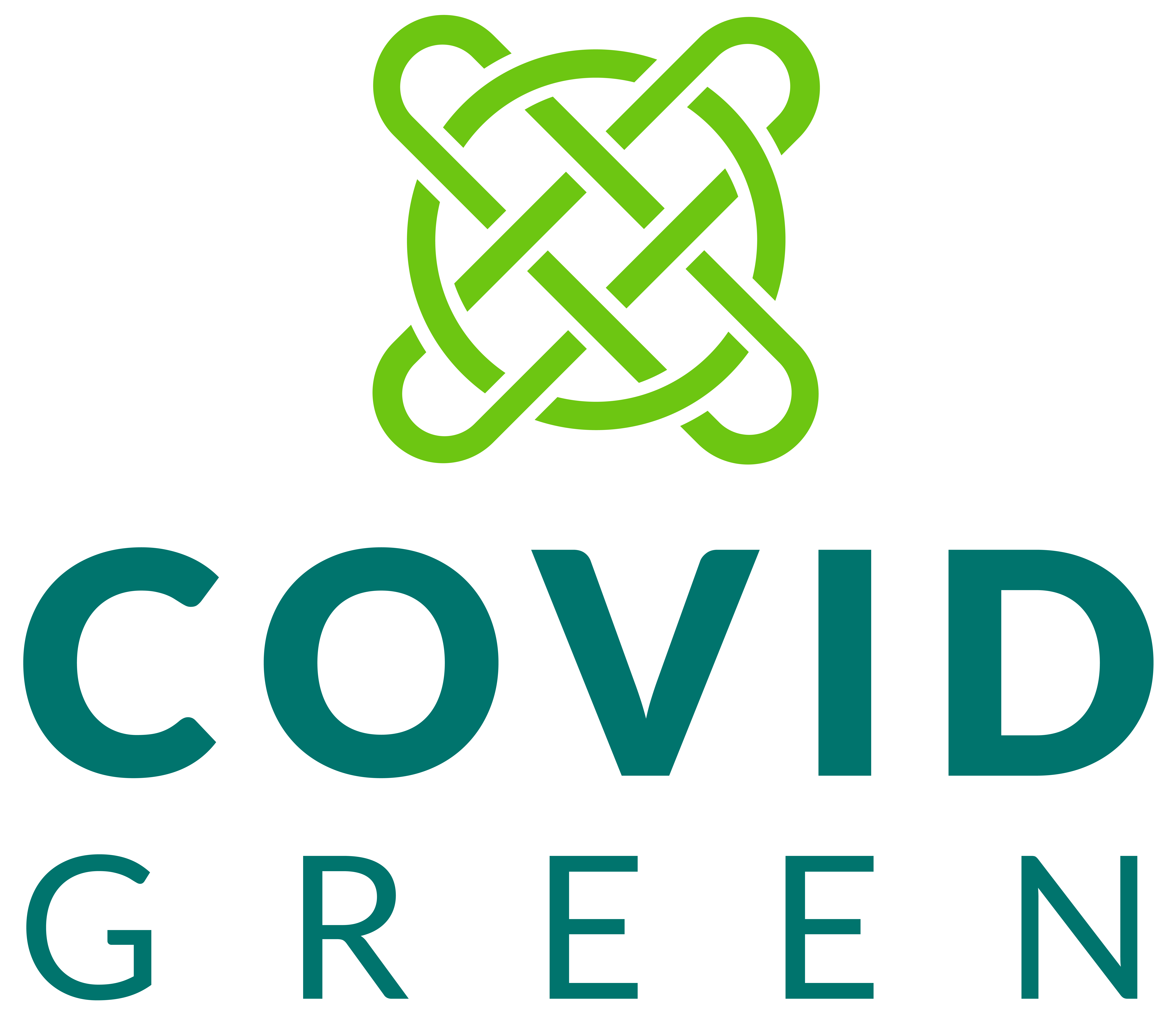The interoperability service consists of a Fastify server. To get this running will require the following steps.
- Install the dependencies and create a basic environment configuration.
npm install
npm run create:env- If this is your first time running the database, you have previously deleted it, or migrations have been added, you will need to run migrations.
npm run db:migrate
- Start the server in development mode.
npm run start:dev
There are a number of handy commands you can run to help with development.
| Command | Action |
|---|---|
npm run start:dev |
Run the server in dev mode, automatically restarts on file change |
npm run create:env |
Create a new .env file |
npm test |
Run unit tests |
npm run test:watch |
Run backend tests in watch mode, running on changed test files |
npm run db:migrate |
Run database migrations. |
npm run db:up |
Run the database server |
npm run db:down |
Shutdown the database server |
npm run db:delete |
Delete the database server. You will need to run db:up and db:migrate again. |
npm run lint |
Run eslint |
npm run lint:fix |
Run eslint in fix mode |
- Client (national back-end) generates an asymmetric key pair. Recommend matching GAEN requirements.
openssl ecparam -out private.pem -name prime256v1 -genkey -nooutopenssl ec -in private.pem -pubout -out public.pem- Public key is provided to interop service and is used as input to
tokenlambda, which returns a JWT as its output which is provided to the client. AnAuthorization: Bearer {{token}}header should be included in all requests from the client to the interop service.
{
"region": "{{region}}",
"key": "{{publicKey}}"
}Exposure keys should be regularly upload from the client to the interop service using the POST /upload endpoint. The request body should include two properties: batchTag and payload.
The batchTag can be chosen arbitrarily by the client. Any exposure keys will be appended to the batchTag on the interop service, and in the future may be used to revoke uploaded exposures.
The payload must be a compact format JWS where the payload is an array of exposures, signed by the private key generated during the onboarding process. Here is some sample JS code using the node-jose package.
const jose = require('node-jose')
const fs = require('fs')
const uuid = require('uuid')
async function getUploadBody() {
const privateKeyPem = fs.readFileSync('private.pem')
const privateKey = await jose.JWK.asKey(privateKeyPem, 'pem')
const sign = jose.JWS.createSign({ format: 'compact' }, privateKey)
const exposures = [
{
transmissionRiskLevel: 0,
rollingStartNumber: 2653721,
keyData: "kRFEb8LFabuOTvPgrKKrtA==",
rollingPeriod: 144,
regions: ["IE"]
}
]
const batchTag = uuid.v4()
const payload = await sign.update(JSON.stringify(exposures), 'utf8').final()
return { batchTag, payload }
}If new exposures get written, it will return a 200 response with the request batchTag as the response body. If the request is successful but no new exposures are stored, then it will return a 204 response with no body.
Exposures that are uploaded are not available for download immediately. In order to improve caching options, exposures are grouped into batches either when the number of unbatched exposures exceeds a threshold (currently 1000), or after a fixed period of time (currently every 2 hours). The batches are then assigned a batchTag as a unique identifier - this is unrelated to the batchTag used when uploading the exposures.
New batches of exposures can be downloaded regularly by using the GET /download/:date endpoint. The date provided (YYYY-MM-DD format) is the date of the oldest batch that the client is interested in downloading. Additionally, the client can provide batchTag as a query parameter to get batches created after a given batch. The response will be a 200 with a body containing the batchTag and an array of exposures. If there are no batches available to download, the response will be 204 with no body.
For example, a request to GET /download/2020-07-01 will return the first batch created on or after 1st July 2020.
{
"batchTag": "d66f3152-bf2d-49a9-94e5-006d4707f6c1",
"exposures": [
{ ... }
]
}A subsequent request to GET /download/2020-07-01?batchTag=d66f3152-bf2d-49a9-94e5-006d4707f6c1 will then return the first batch created on or after 1st July 2020, and also created after a batch with the tag d66f3152-bf2d-49a9-94e5-006d4707f6c1.
{
"batchTag": "90ed69ee-da9d-4876-909e-46e6ac8b29e9",
"exposures": [
{ ... }
]
}- @colmharte - Colm Harte colm.harte@nearform.com
- @jasnell - James M Snell jasnell@gmail.com
- @aspiringarc - Gar Mac Críosta gar.maccriosta@hse.ie
- @ShaunBaker - Shaun Baker shaun.baker@nearform.com
- @floridemai - Paul Negrutiu paul.negrutiu@nearform.com
- @jackdclark - Jack Clark jack.clark@nearform.com
- @andreaforni - Andrea Forni andrea.forni@nearform.com
- @jackmurdoch - Jack Murdoch jack.murdoch@nearform.com
- TBD
- TBD
- TBD
- TBD
Linux Foundation Public Health
Copyright (c) 2020 NearForm Copyright (c) The COVID Green Contributors
Licensed under the Apache License, Version 2.0 (the "License"); you may not use this file except in compliance with the License. You may obtain a copy of the License at
http://www.apache.org/licenses/LICENSE-2.0
Unless required by applicable law or agreed to in writing, software distributed under the License is distributed on an "AS IS" BASIS, WITHOUT WARRANTIES OR CONDITIONS OF ANY KIND, either express or implied. See the License for the specific language governing permissions and limitations under the License.

